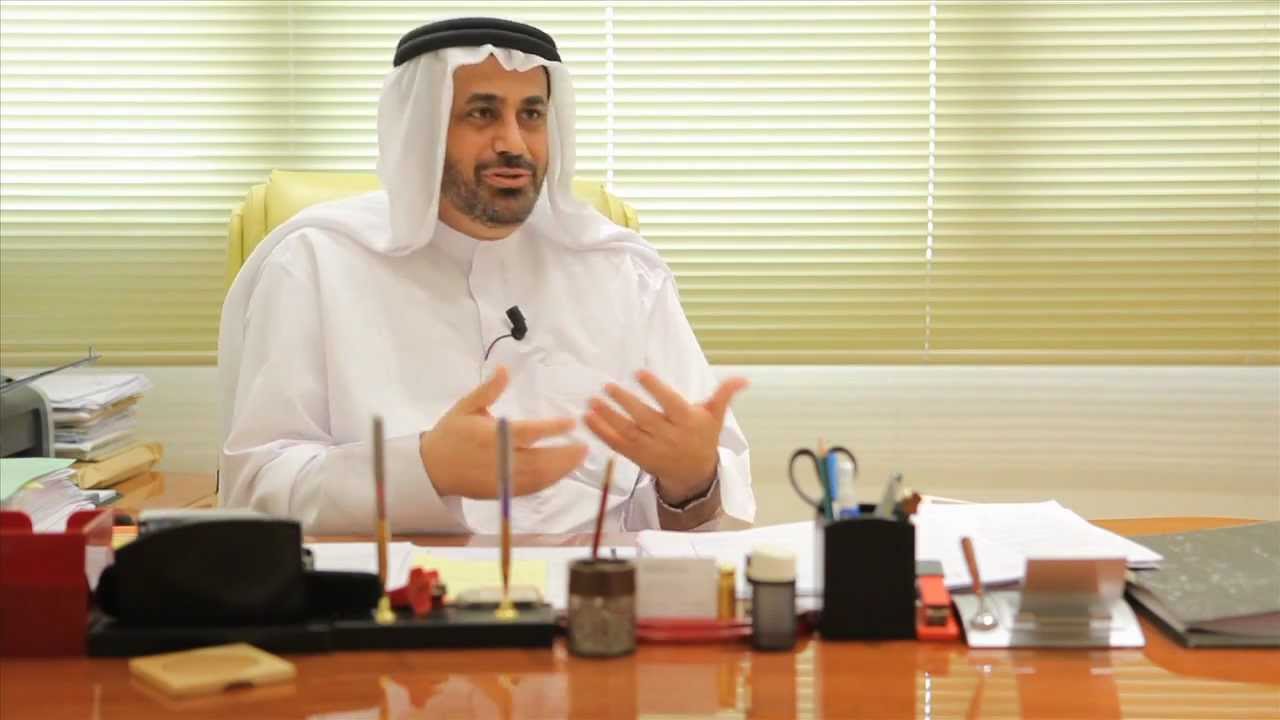Mohamed al-Roken is a prominent lawyer in the United Arab Emirates (UAE). He was detained on 17 July 2012 while on his way to a police station and held incommunicadofor months. Al-Roken’s trial began in March 2013, where he was tried with 93 other defendants, and ultimately convicted and sentenced to 10 year’s imprisonment on 3 July 2013. This mass trial became known as the UAE 94, and was part of a crackdown on human rights leaders, activists, academics, and human rights lawyers. Earlier this month marked the seventh year of al-Roken’s detention.
Prior to his arbitrary detention and imprisonment, al-Roken was a prominent human rights lawyer credited with defending human rights activists in major cases. One such case was the UAE 5, a 2011 case which convicted and sentenced five human rights defenders in relation to their work. Now, in the seventh year of his ten-year sentence, al-Roken continues to be a major force in the human rights community in the UAE. Many, including prominent Emirati activist Ahmed Mansoor, stressed al-Roken’s commitment to Emirati human rights, reform, and activism, stating, “with him in jail, we have nobody to defend these cases.”
While imprisoned, al-Roken was denied basic rights, including a speedy trial and access to a lawyer. Moreover, many reported that al-Roken was subjected to psychological intimidation from UAE authorities. Al-Roken was held incommicadoalong with the other 93 individuals tried in the same case and it was not until their families threatened a sit-in that authorities presented the 94 individuals in court, with many “showing obvious signs of torture, malnutrition, and maltreatment.” Following a trial largely regarded as little more than a political stunt, al-Roken and the 93 others were convicted and al-Roken was sentence to 10 years in prison. Currently, al-Roken is being heldin Al-Razeen prison, one of the harshest prisons in the UAE, which consistently fails United Nations (UN) Standard Minimum Rules for the Treatment of Prisoners.
In November of 2015, Amnesty International reported that Mohamed al-Roken was subjected to music torture, with loud patriotic anthems being played at damaging volumes—to the point where al-Roken fainted from high blood pressure as a result of the excruciating volume. Despite reports that al-Roken rang emergency bells in his cell, no one assisted him, and the music continued to play. This use of loud music to render prison conditions unbearable for human rights defenders like al-Roken is representative of the harsh treatment reserved for those who take an active stance against UAE authorities in the name of human rights.
Despite currently serving a 10-year sentence, al-Roken continues to be recognized by the international community for his tireless effort to improve the human rights situation in the UAE. In 2017, al-Roken was awarded the Ludovic Trarieux Award. This award is often awarded to a lawyer who has dedicated a great deal of their time in service to human rights, and in the case of al-Roken, this award was more than warranted in recognition for his constant struggle for human rights and greater openness in Emirati society.
Al-Roken’s arbitrary and unjust imprisonment continues to be a display of the United Arab Emirates’ lack of commitment to human rights. Continuing to imprison and torture al-Roken is an affront to human rights that cannot be ignored. Al-Roken’s release is therefore critical to the continued improvement of the human rights situation in the UAE.
Casey O’Hara is an Intern with ADHRB





